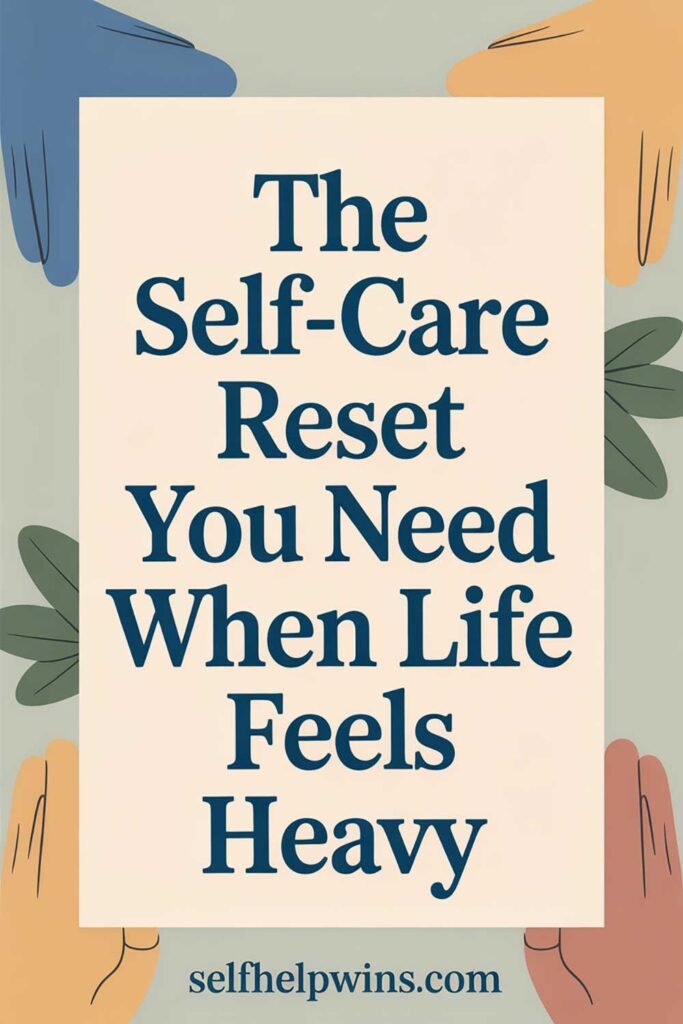
If you know someone who could benefit from this article, please share it with them. Prioritizing mental self-care can enhance clarity, reduce stress, and improve overall well-being.
Mental Self-Care: Strategies for a Healthy Mind
What Is Mental Self-Care?
Mental self-care involves taking proactive steps to nurture and protect your mental well-being. It’s about creating habits and practices that help manage stress, improve focus, and support a positive mindset. By prioritizing mental self-care, you can enhance your resilience and overall quality of life.

Why Mental Self-Care Matters
- Reduces Stress: Helps you manage daily pressures effectively.
- Improves Focus: Enhances concentration and decision-making skills.
- Supports Emotional Health: Encourages positivity and reduces anxiety or depression.
- Promotes Personal Growth: Fosters self-awareness and mental clarity.
Key Strategies for Mental Self-Care
1. Practice Mindfulness
Mindfulness involves being present and fully engaged in the moment without judgment.
- How to Practice:
- Start with 5-10 minutes of focused breathing or meditation.
- Use mindfulness apps like Headspace or Calm.
- Pay attention to sensations, thoughts, and feelings during daily activities.
2. Set Boundaries
Protect your mental energy by learning to say no and setting limits.
- Examples:
- Limit screen time or social media use.
- Avoid overcommitting to tasks or obligations.
- Communicate your needs clearly to others.
3. Engage in Positive Self-Talk
Replace negative thought patterns with constructive and encouraging ones.
- Tips:
- Identify and challenge negative thoughts.
- Use affirmations like, “I am capable” or “I deserve peace.”
- Focus on solutions rather than problems.
4. Stimulate Your Mind
Keep your brain active by engaging in intellectually stimulating activities.
- Suggestions:
- Read books or articles on topics that interest you.
- Solve puzzles or play strategy games.
- Learn a new skill, hobby, or language.
5. Prioritize Rest
Resting your mind is just as important as keeping it active.
- How:
- Schedule regular breaks during work or study sessions.
- Practice relaxation techniques like progressive muscle relaxation.
- Allow yourself downtime to recharge.
6. Foster Gratitude
Focusing on gratitude shifts your mindset toward positivity.
- Activities:
- Keep a gratitude journal and list three things you’re thankful for each day.
- Reflect on positive moments or achievements regularly.
- Express gratitude to others through words or actions.
7. Seek Professional Support
If mental self-care practices aren’t enough, consider seeking help from a mental health professional.
- When to Seek Help:
- Persistent feelings of sadness, anxiety, or overwhelm.
- Difficulty managing daily responsibilities or relationships.
- A desire to explore deeper personal growth.
Overcoming Barriers to Mental Self-Care
1. Lack of Time
- Solution: Integrate small practices into your day, like a 5-minute mindfulness session or a brief journaling exercise.
2. Feeling Guilty
- Solution: Remind yourself that taking care of your mental health allows you to show up better for others.
3. Uncertainty About What Works
- Solution: Experiment with different strategies to find what resonates with you.
Practical Exercises for Mental Self-Care
- Mindfulness Breathing: Spend 5 minutes focusing on your breath to calm your mind.
- Gratitude Reflection: Write down three positive experiences or things you’re thankful for.
- Creative Outlet: Dedicate time to a hobby like painting, writing, or playing music.
- Digital Detox: Set aside a few hours (or a day) free from social media and digital distractions.
- Affirmation Practice: Write and recite affirmations that align with your goals and values.
Picture This
Imagine navigating life with a clear and focused mind. You feel equipped to handle challenges and maintain a positive outlook because you’ve cultivated habits that nurture your mental well-being. What step will you take today to prioritize your mental self-care?






